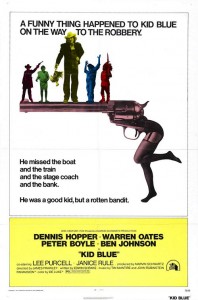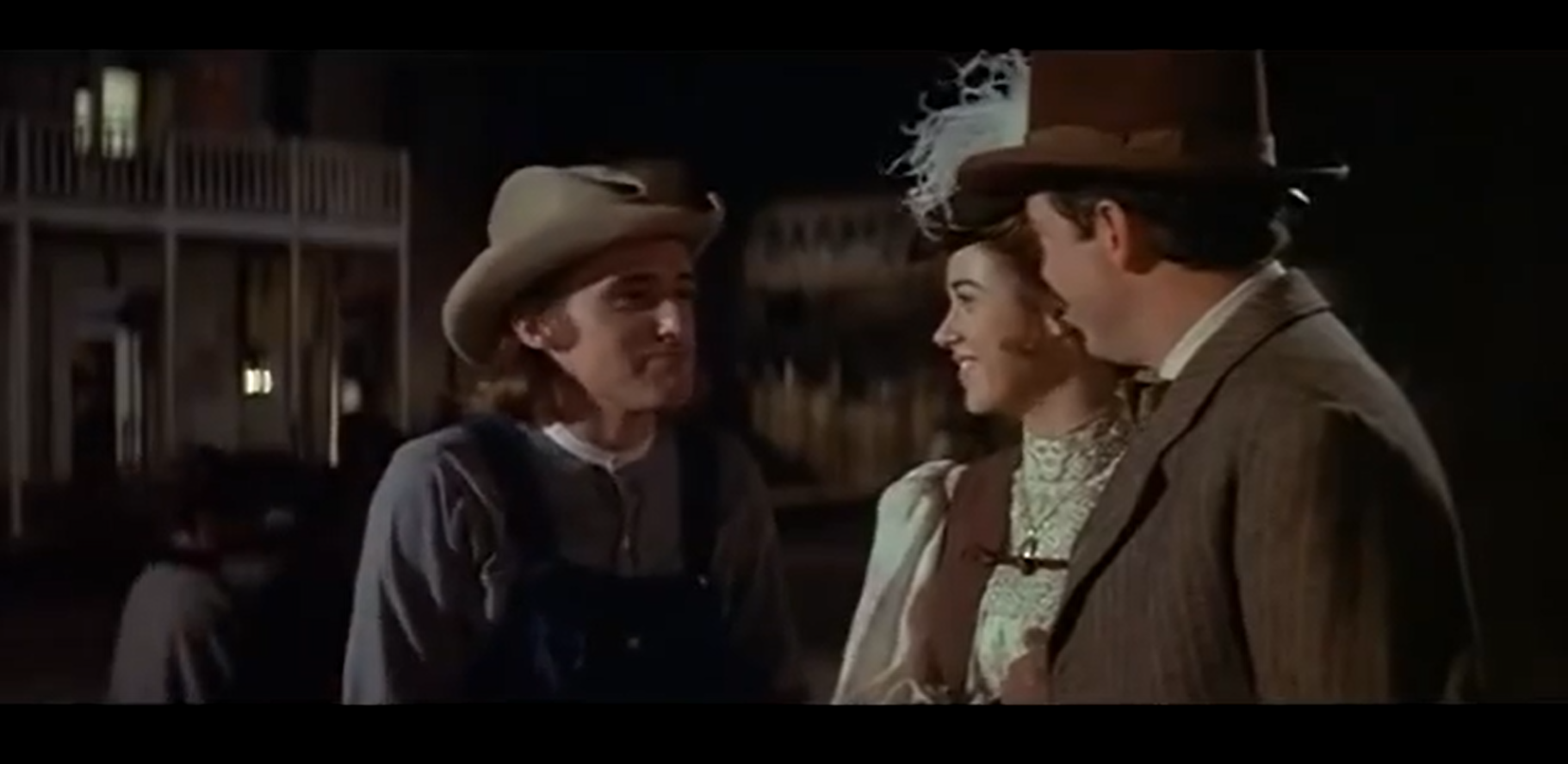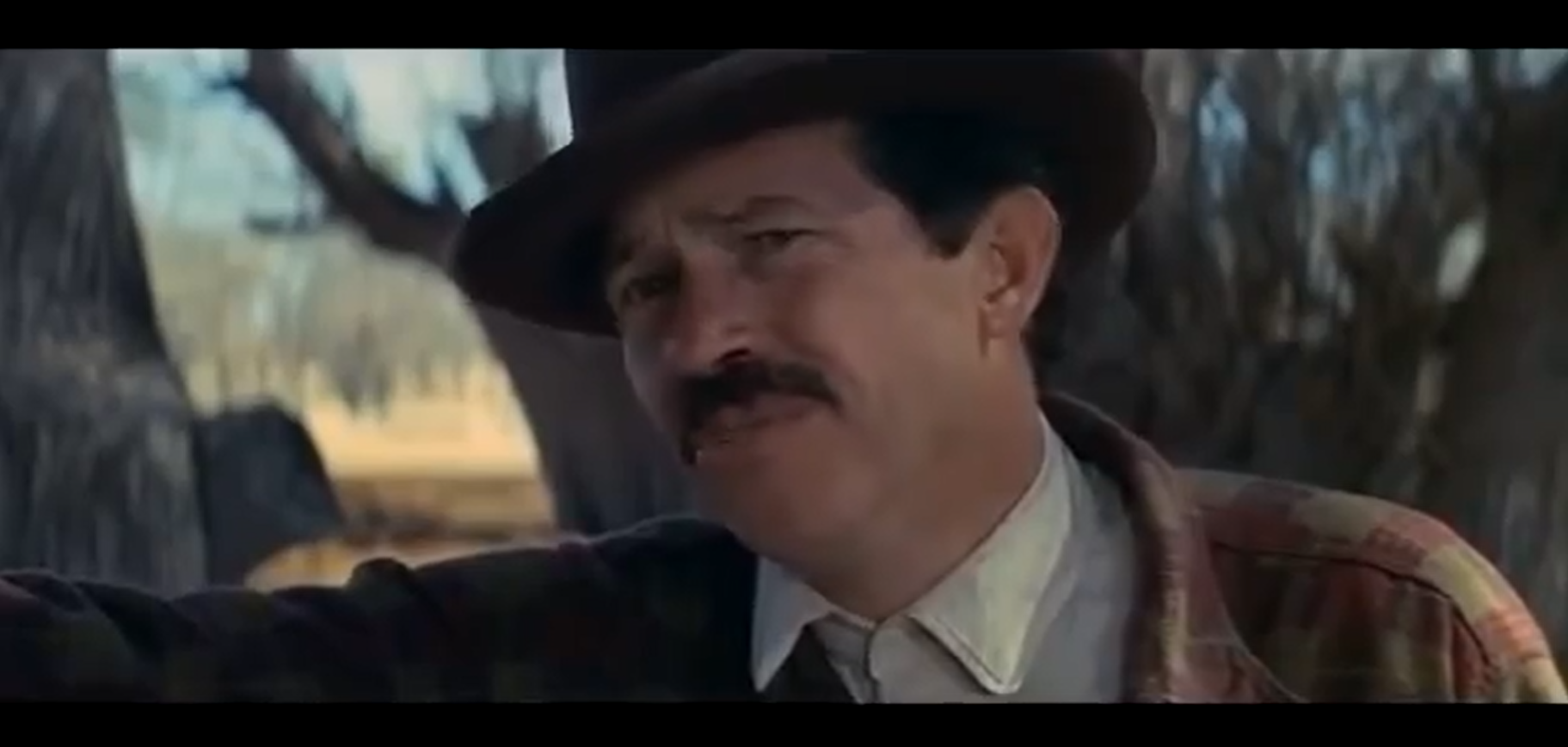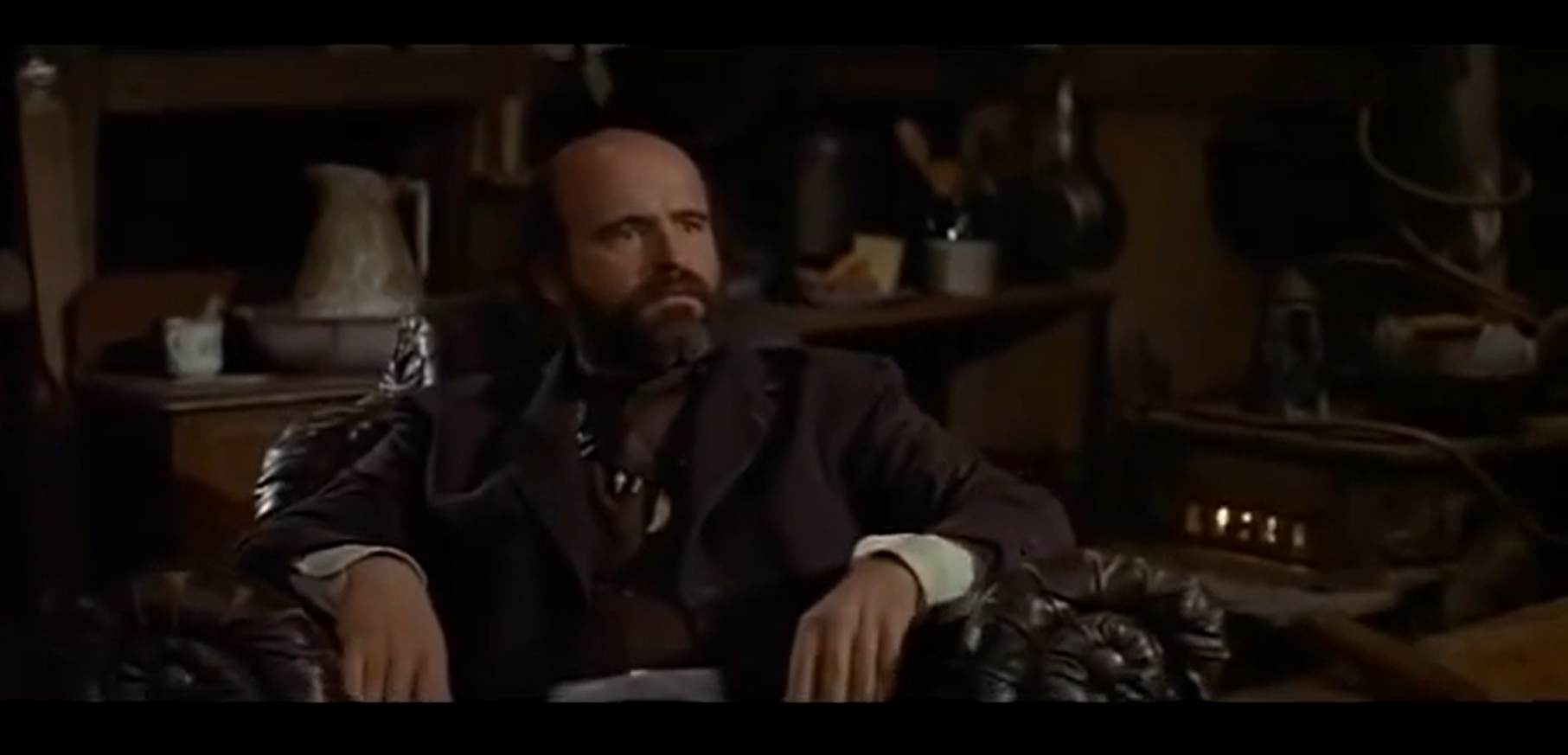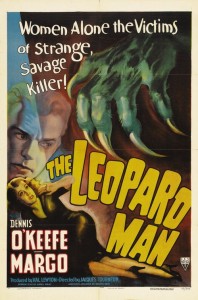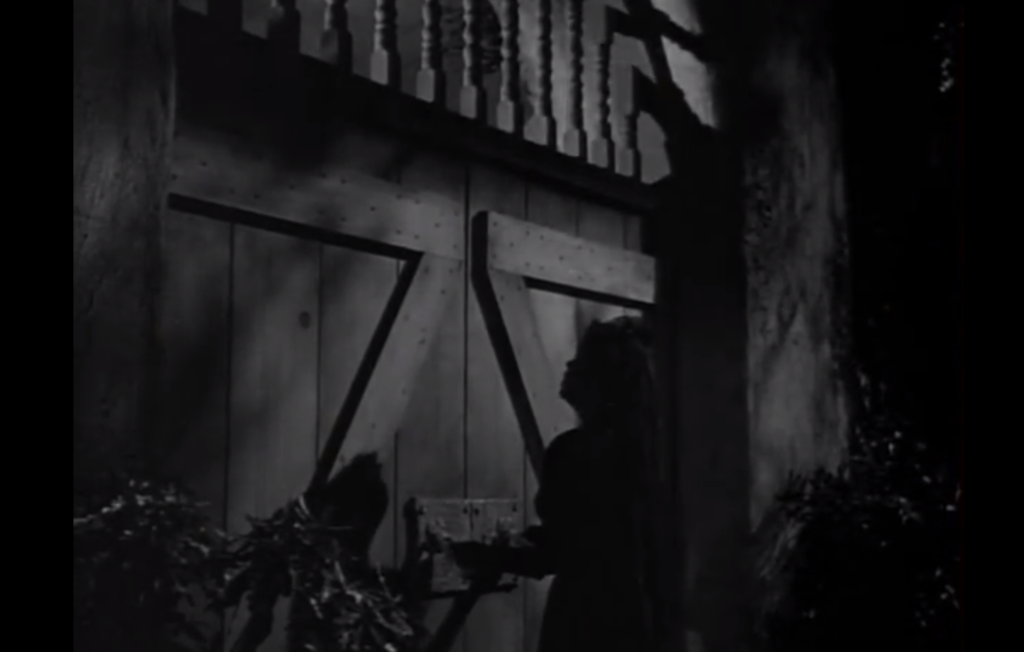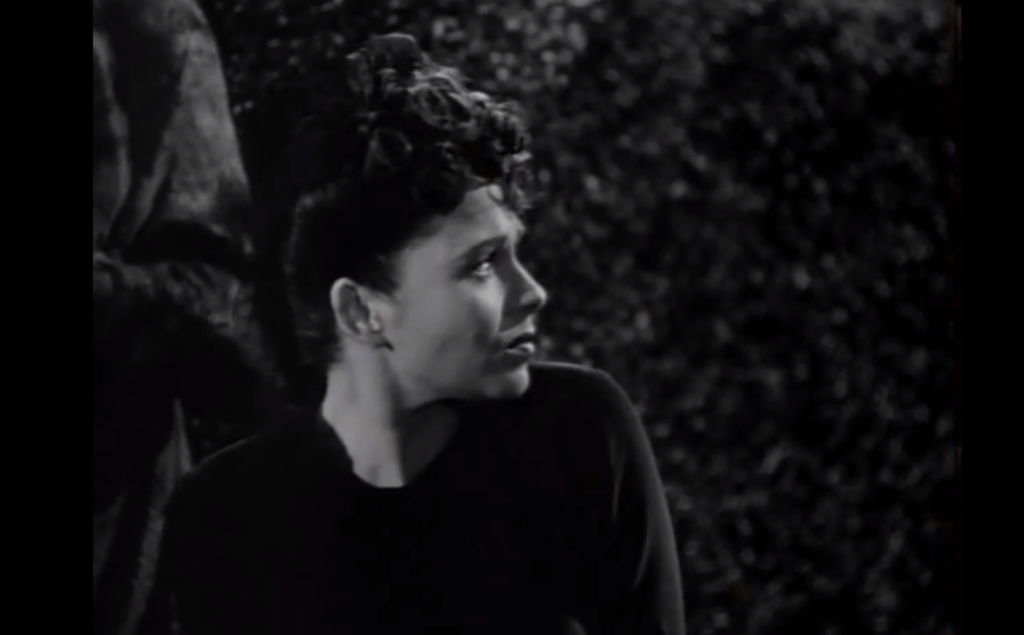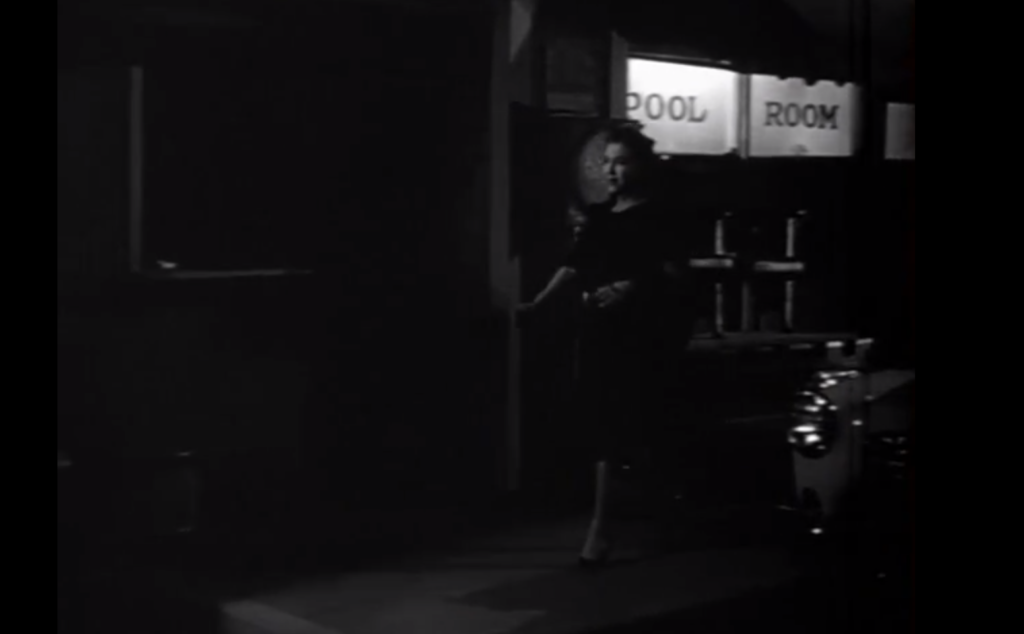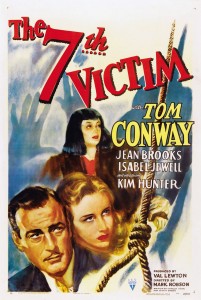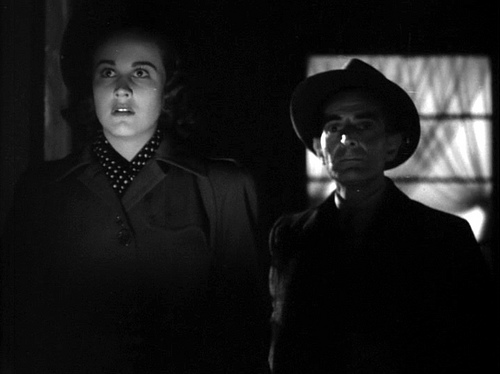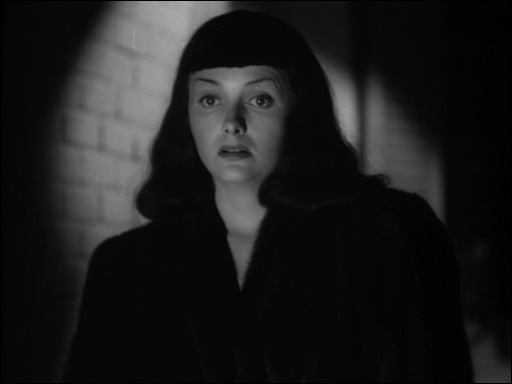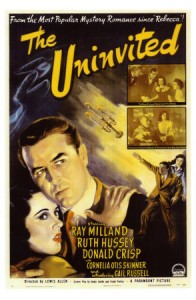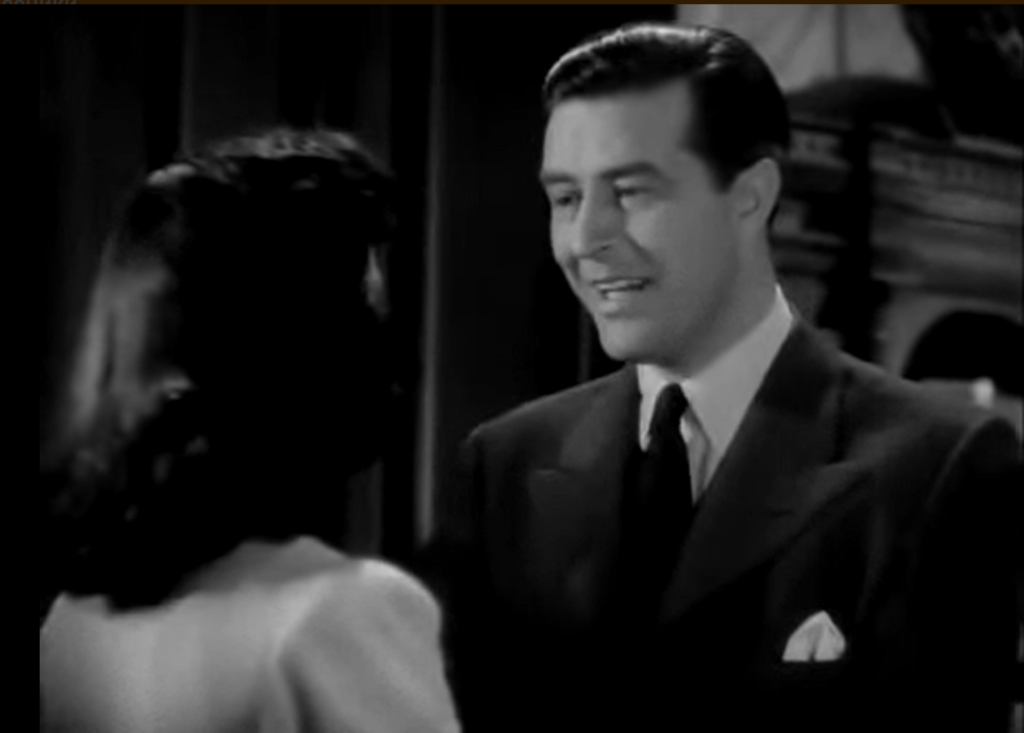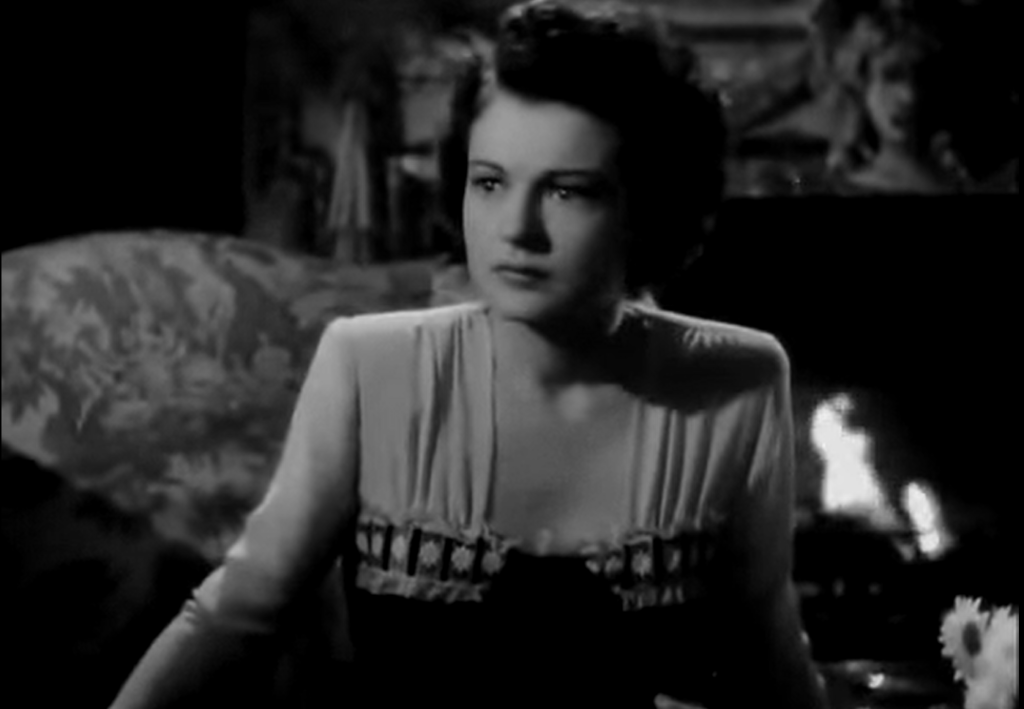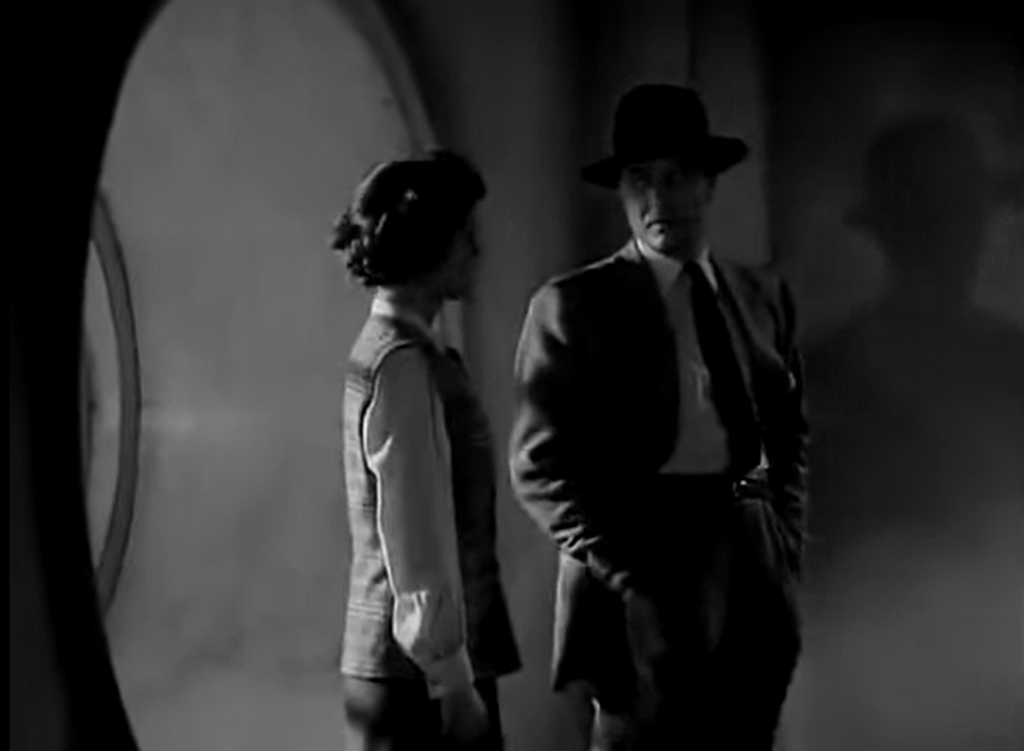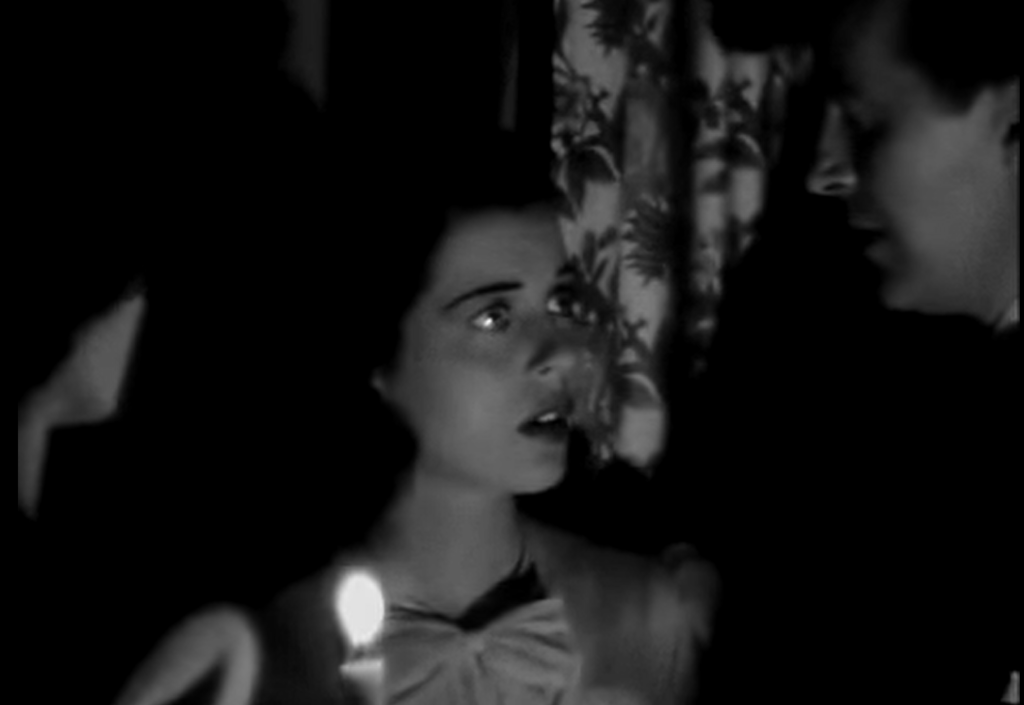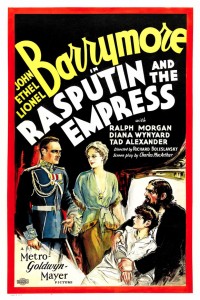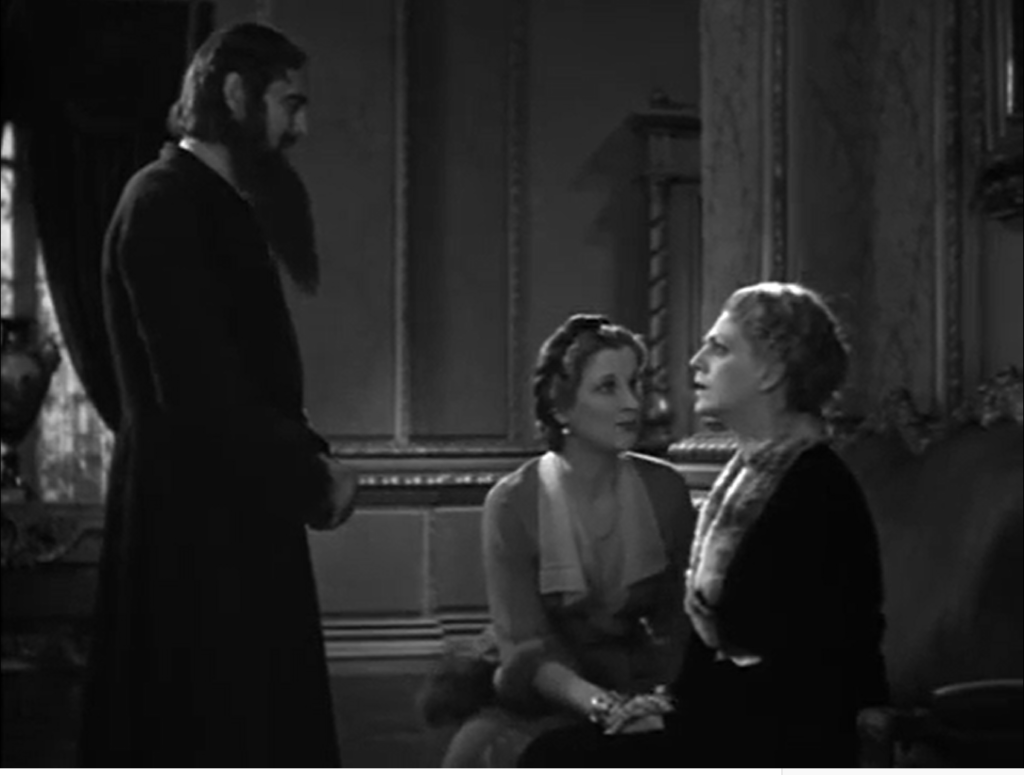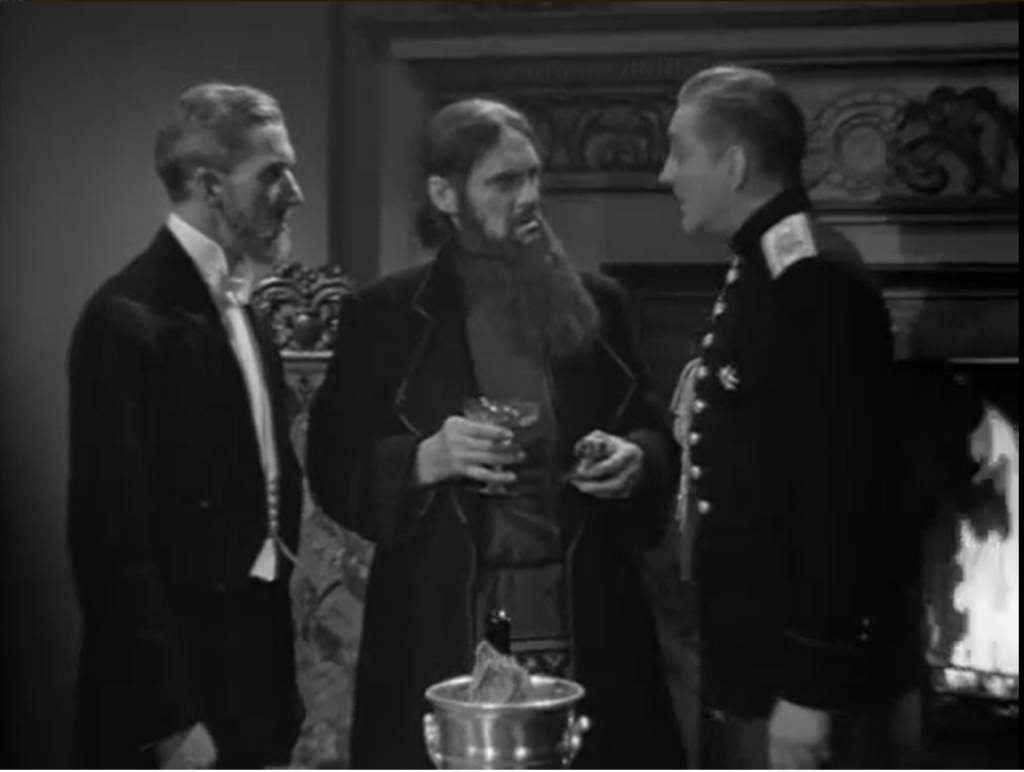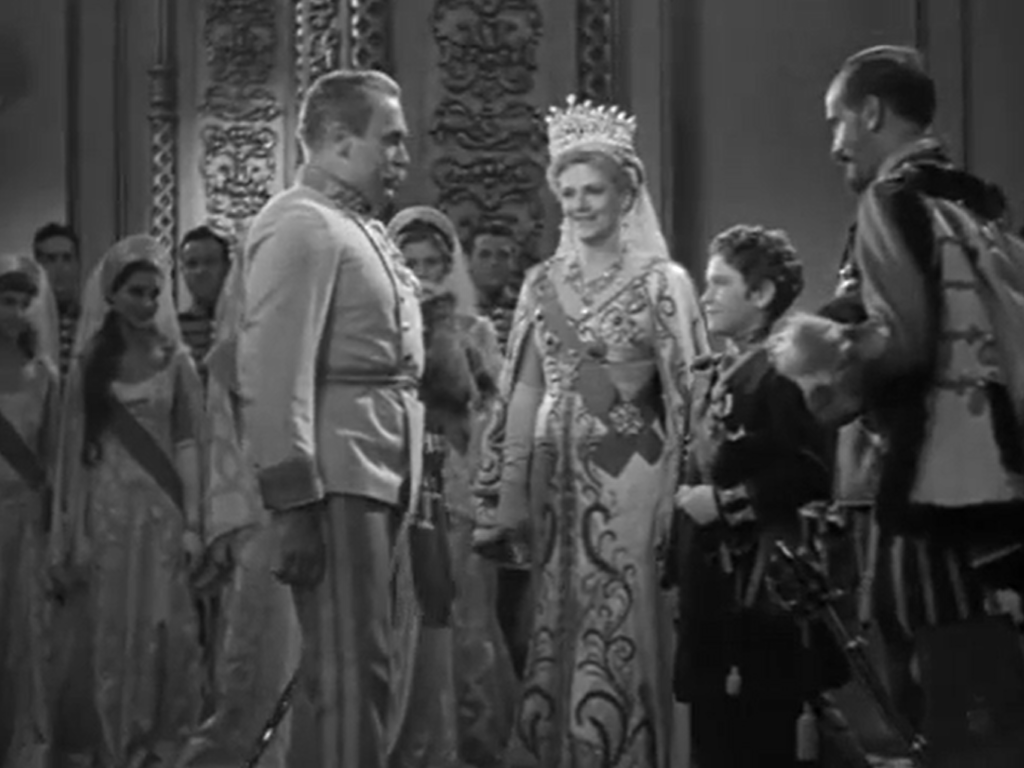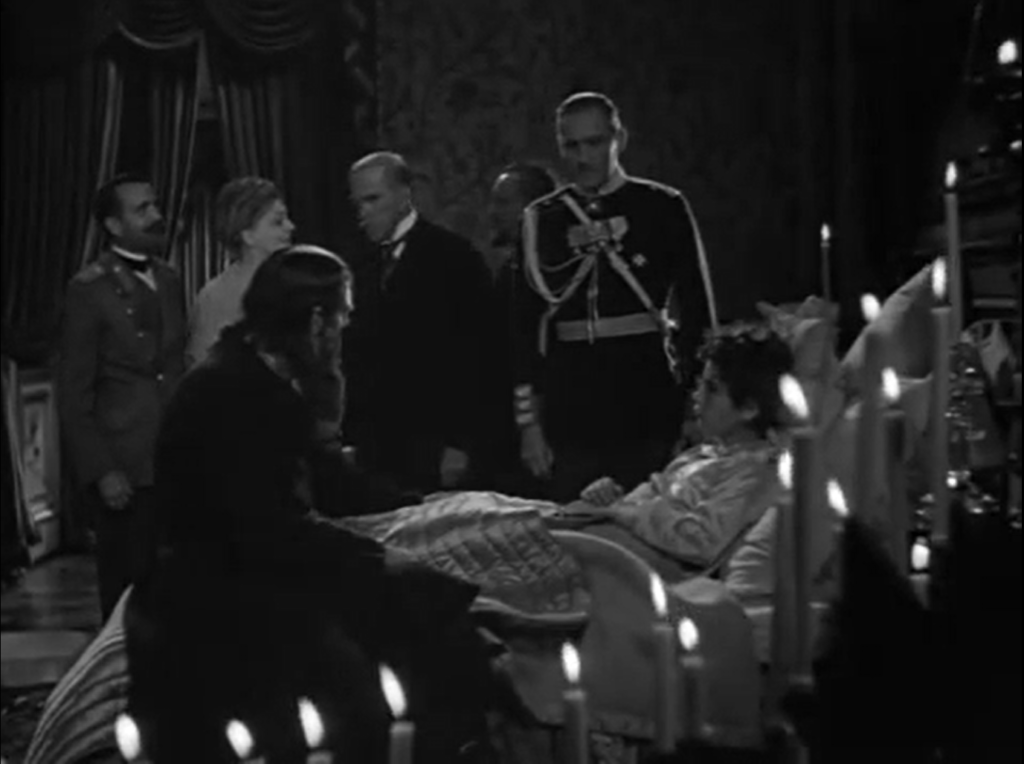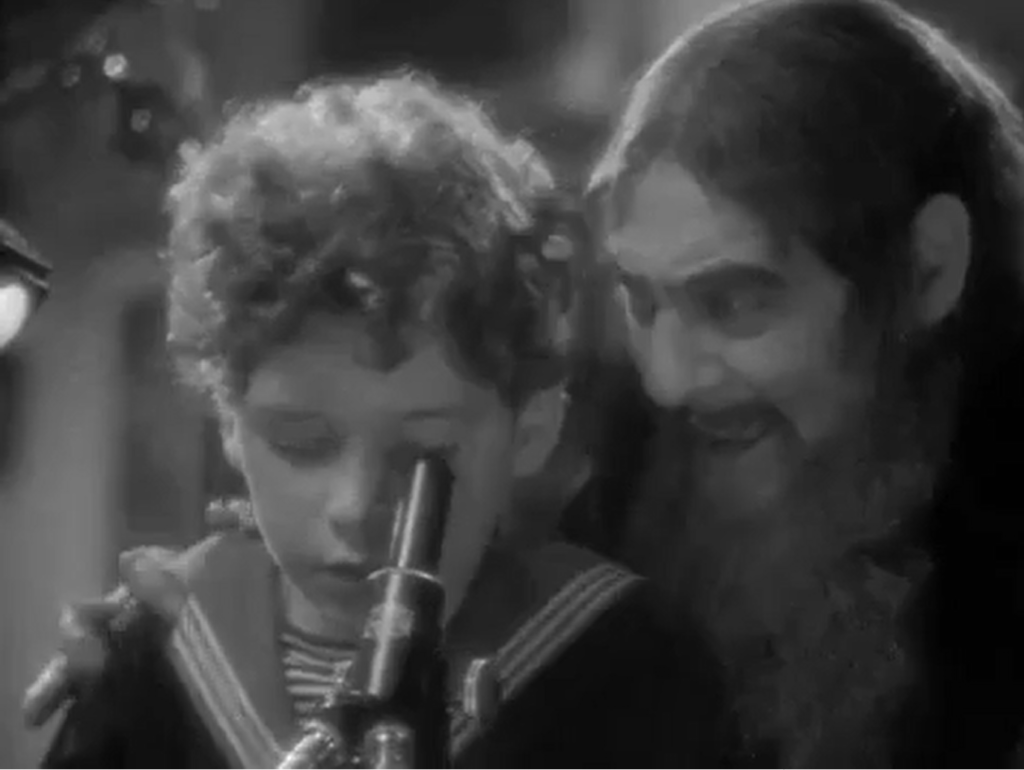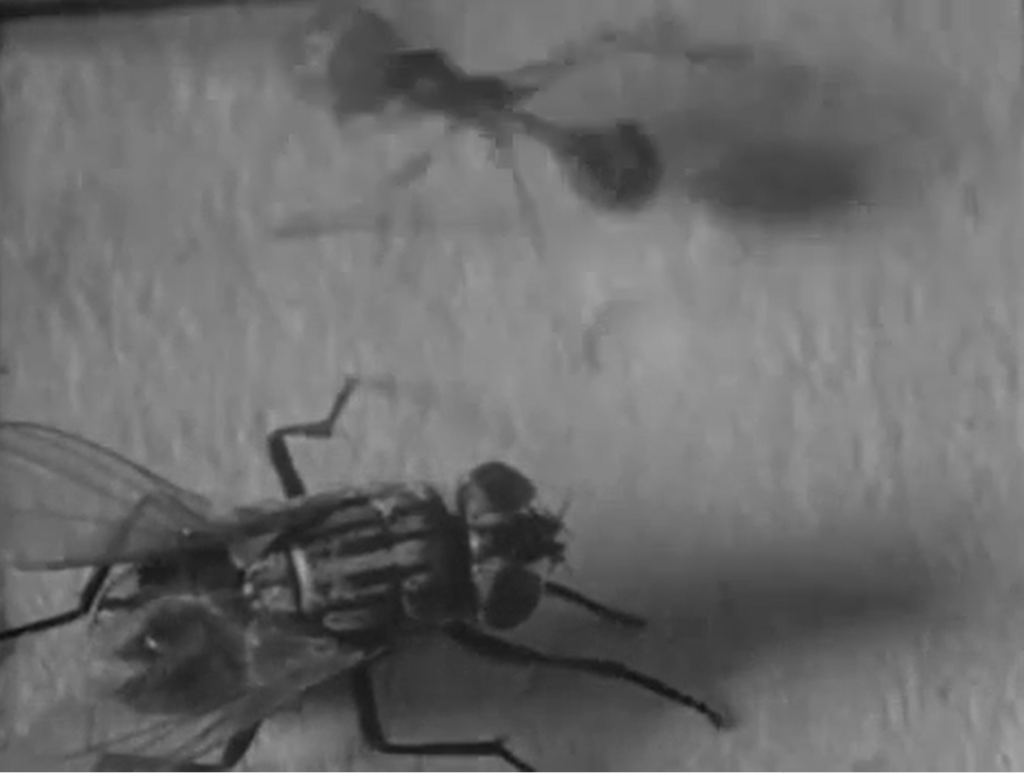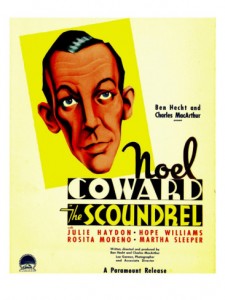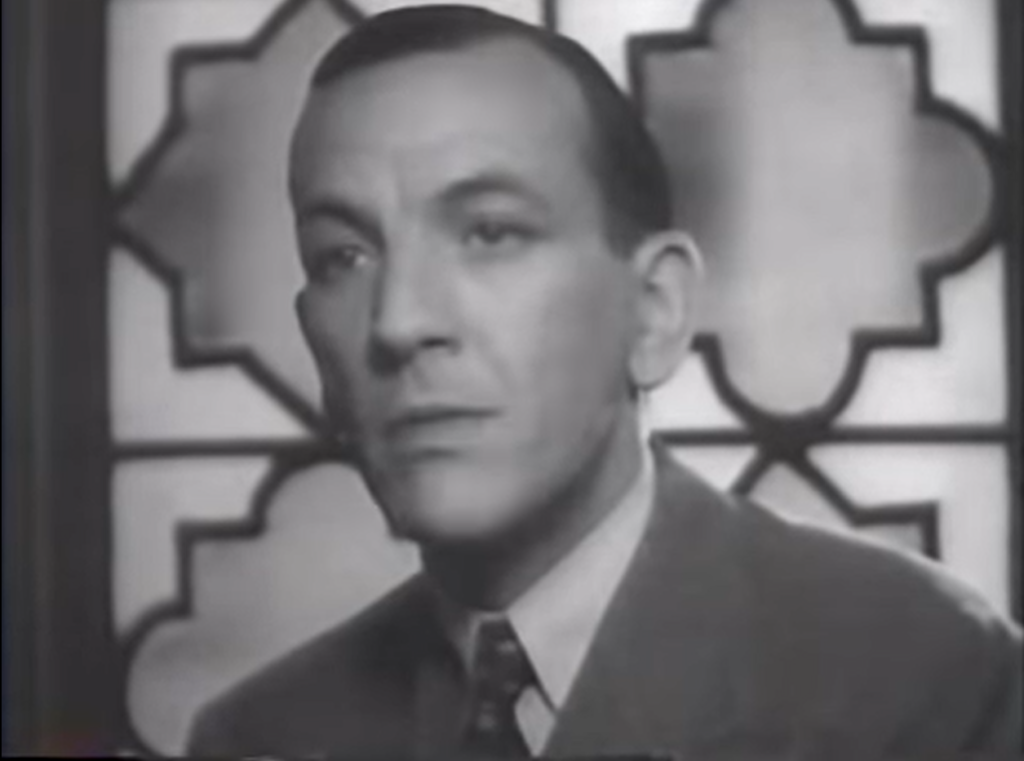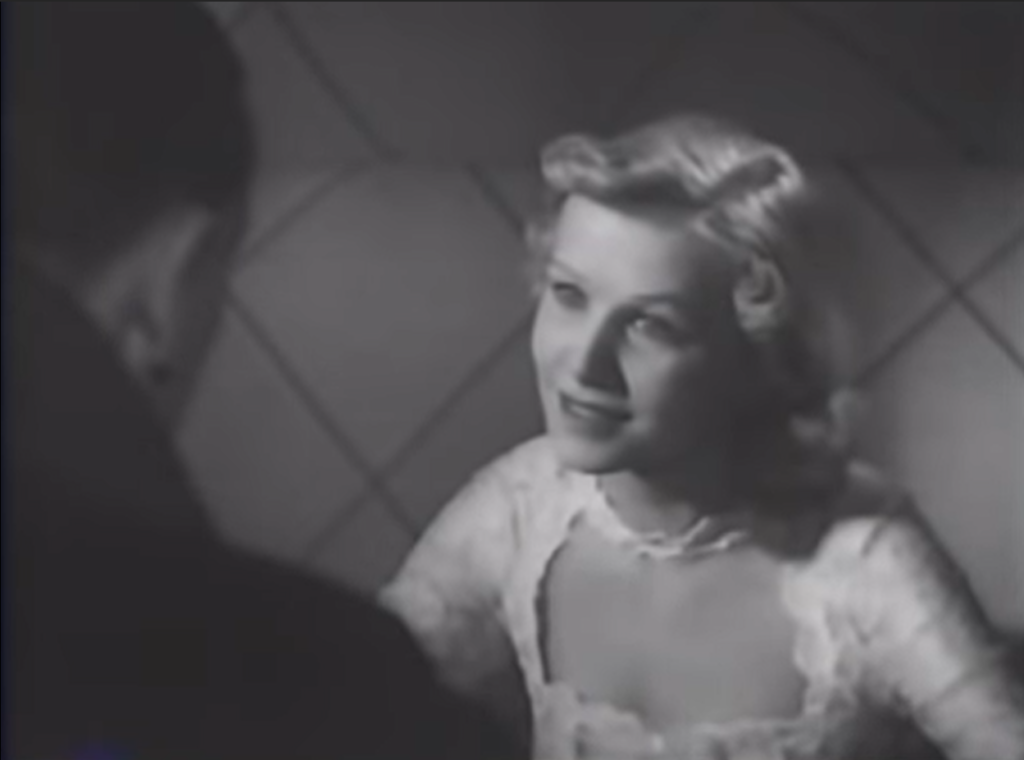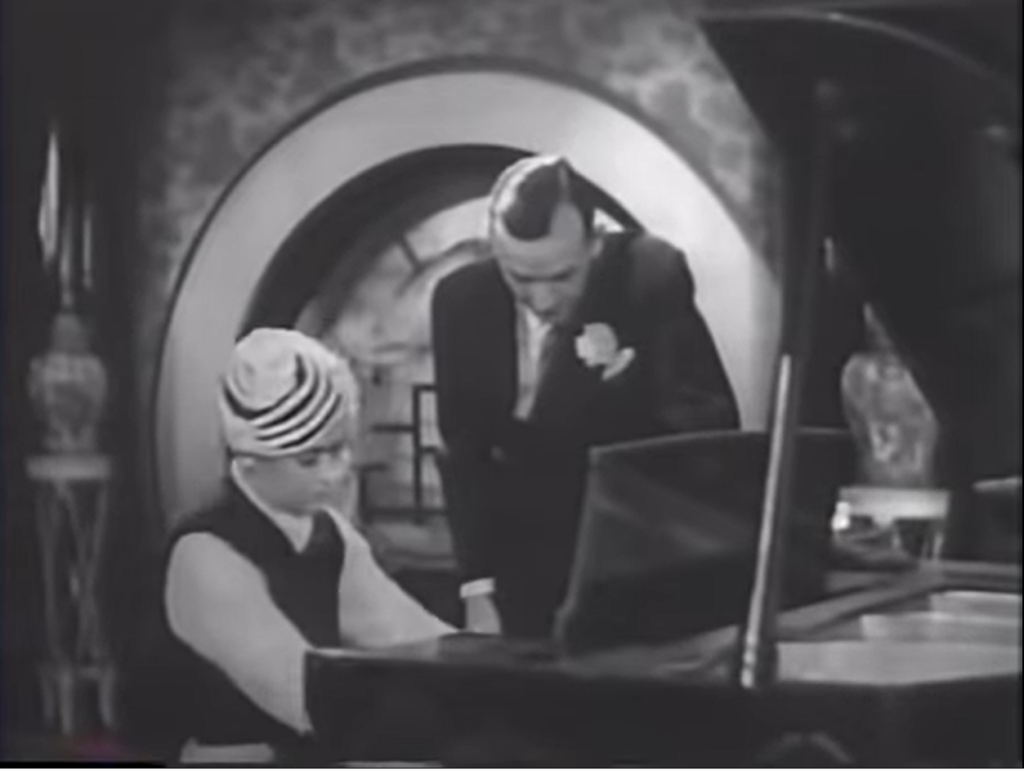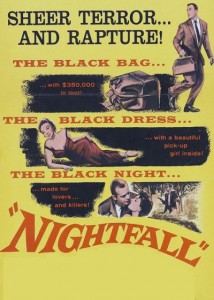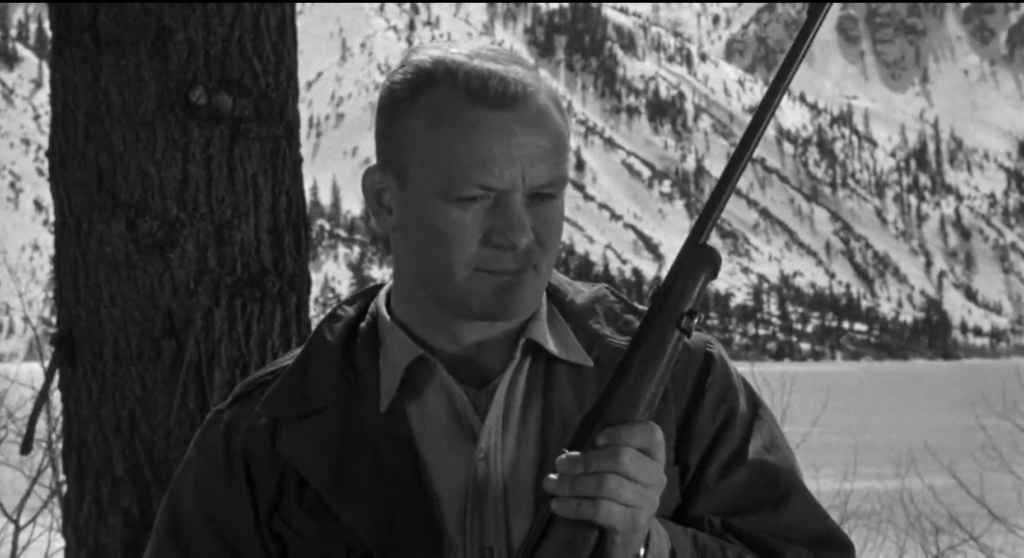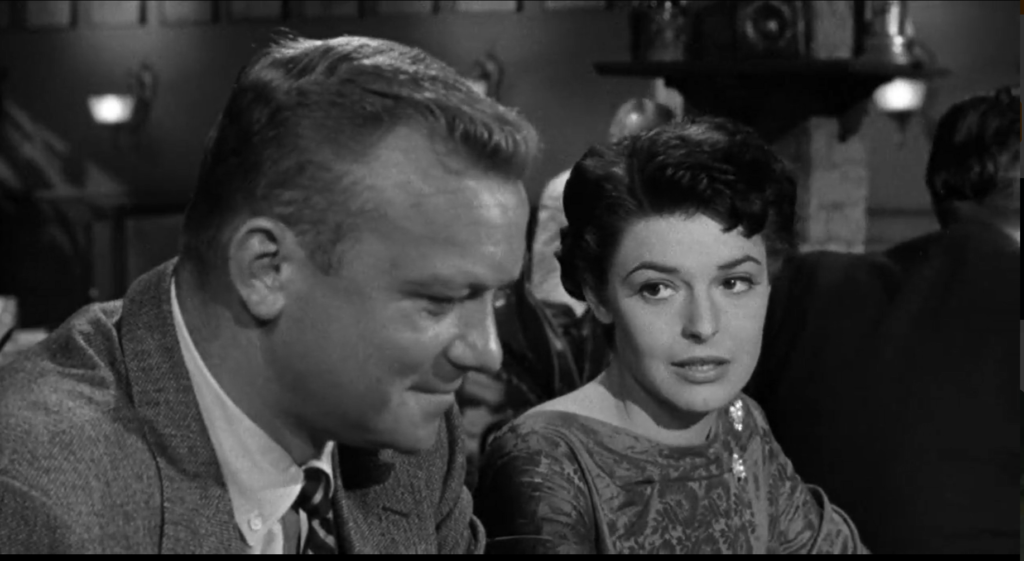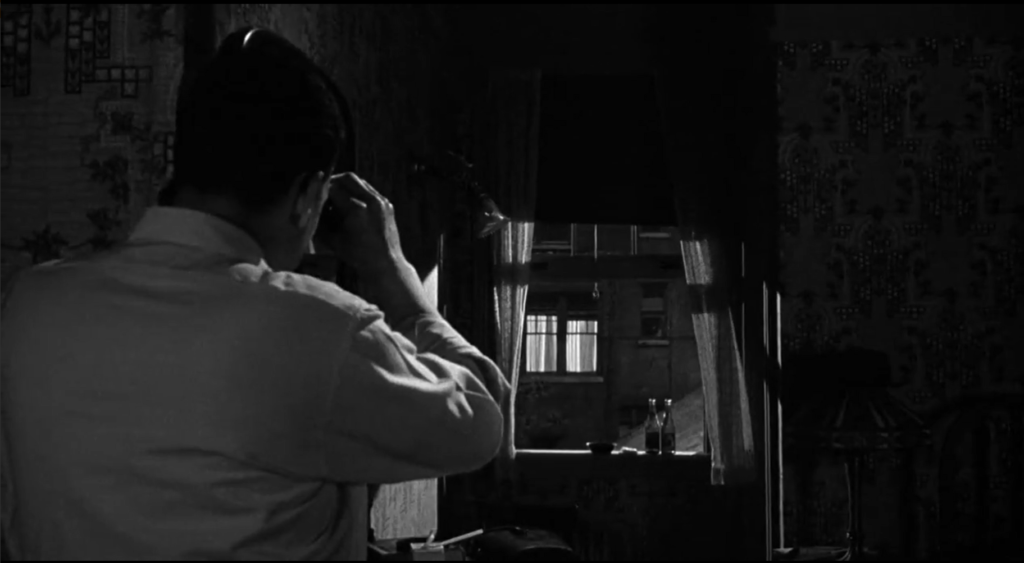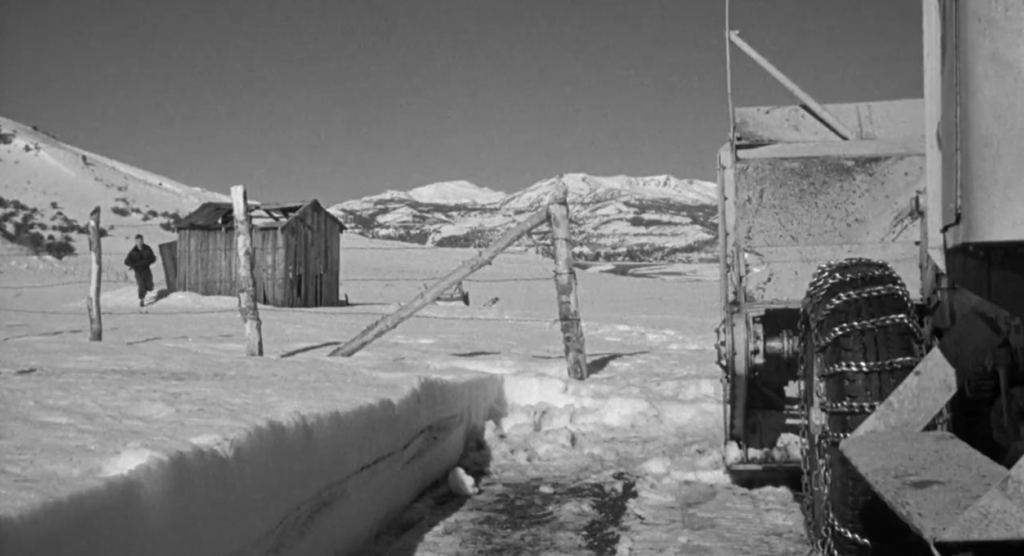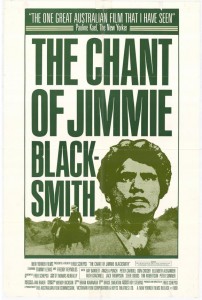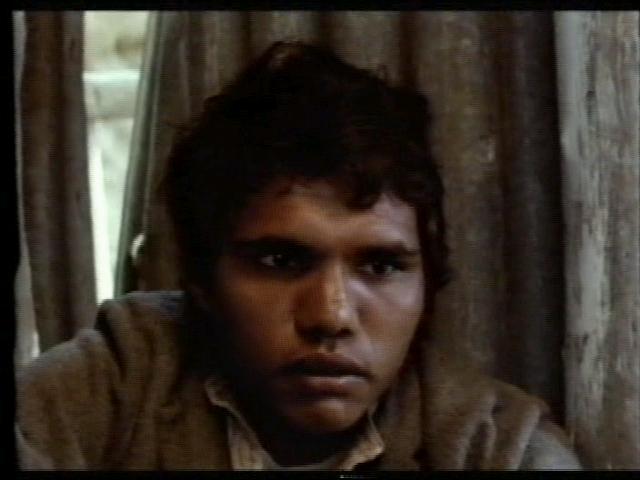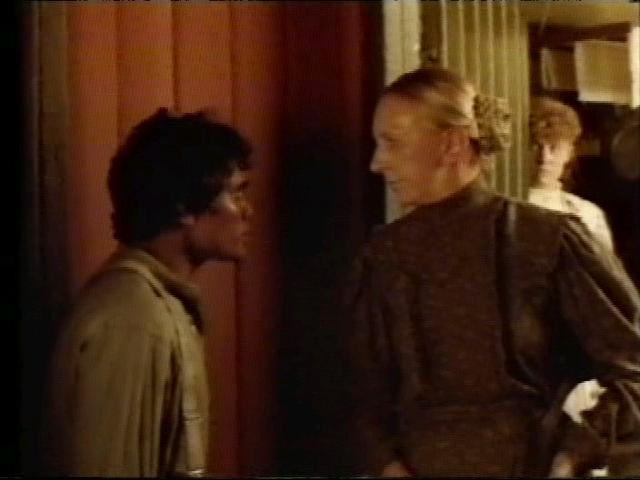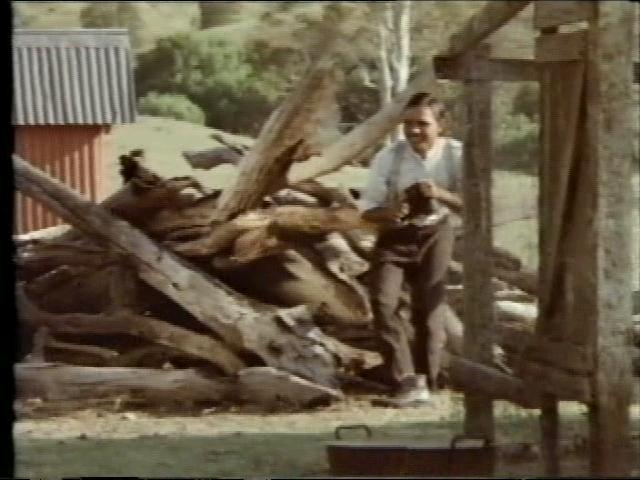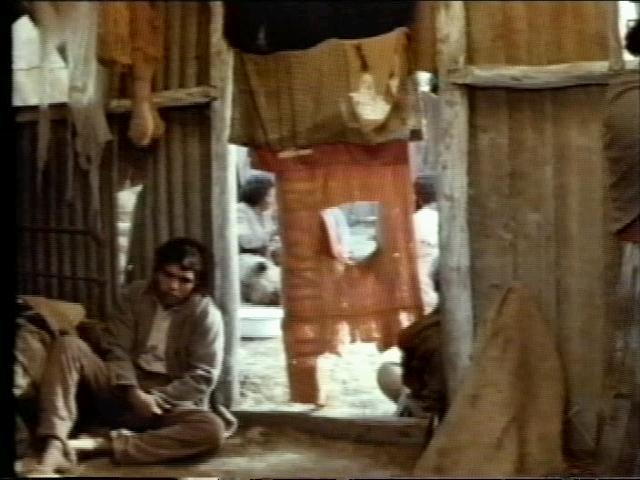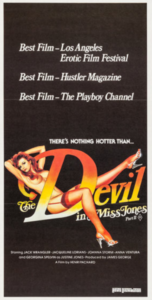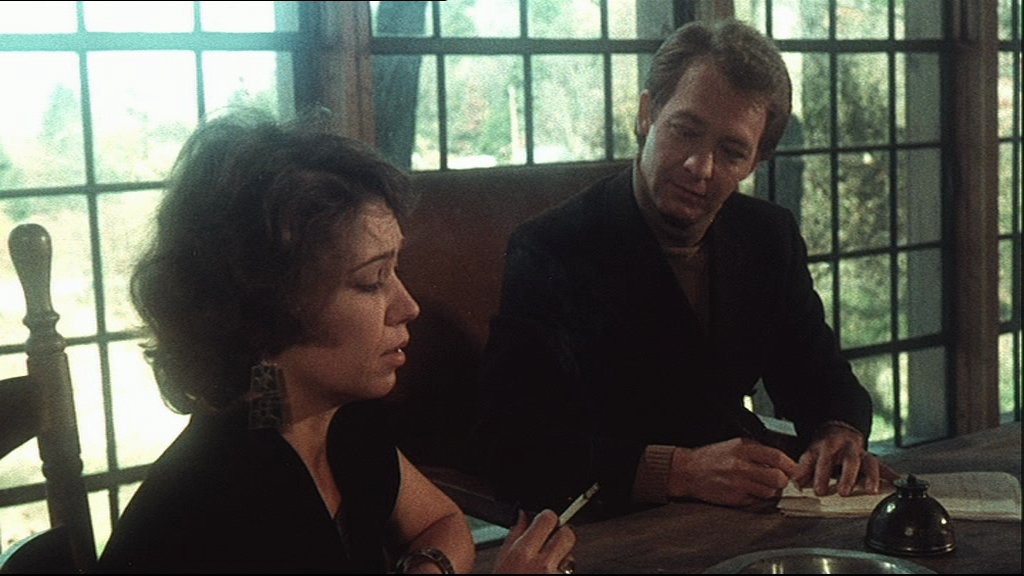“Ah, the pledges: mow ’em down, turn ’em active, and they keep coming, like bad dreams.”
|
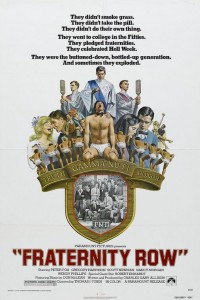
Synopsis:
In the 1950s, an idealistic pledge (Gregory Harrison) and his pledgemaster (Peter Fox) clash with a bullying brother (Scott Newman) over hazing practices at their fraternity.
|
|
Genres, Themes, Actors, and Directors:
- Bullies
- Cliff Robertson Films
- College
- Untimely Death
Review:
This remarkably assured feature debut by director Thomas Tobin and screenwriter Charles Gray Allison (who completed the film as his thesis project at USC) is based on a true story of accidental death-by-hazing. Given this background knowledge, one expects the story to focus on the negative aspects of fraternity life; indeed, when we hear Newman (Paul’s son) sneer early on, “Never forget that you are pledges, because a pledge is a low-life — scum, dirt, filth, diseased meat!” we cringe to think of what’s to come. Instead, the bulk of the story turns out to be relatively tame, only touching briefly on the vices and pitfalls of fraternity life (which in themselves come across as remarkably innocuous). Although the screenplay could be a bit tighter, and the elegiac narration by Cliff Robertson seems unnecessary, it’s hard to find fault with this competent film, a refreshing counterpart to raunchy college-exploitation flicks such as Animal House.
Redeeming Qualities and Moments:
- An insightful look at the rituals — both innocuous and harmful — of fraternity life
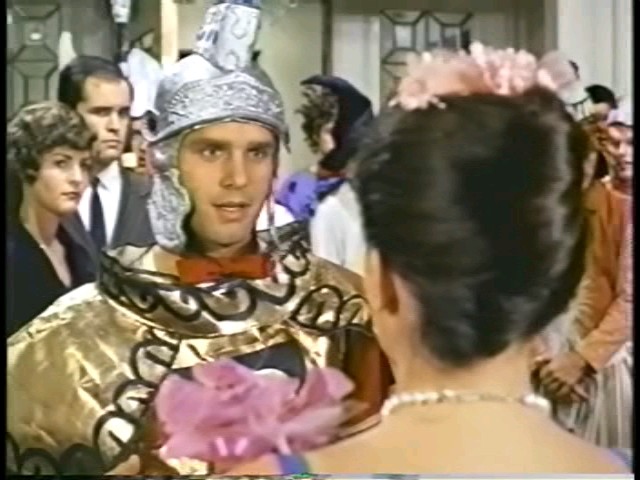
- Good acting by the cast of (mostly) non-actors

Must See?
No, but it’s recommended if you can find a copy. Listed as a Sleeper in the back of Peary’s book.
Links:
|
